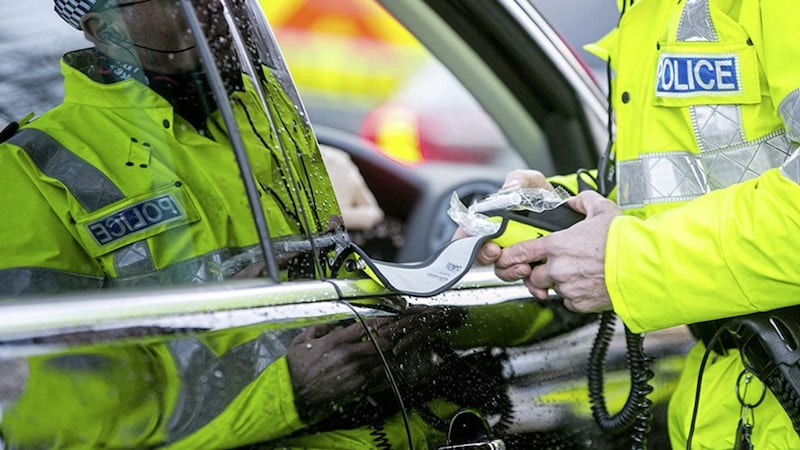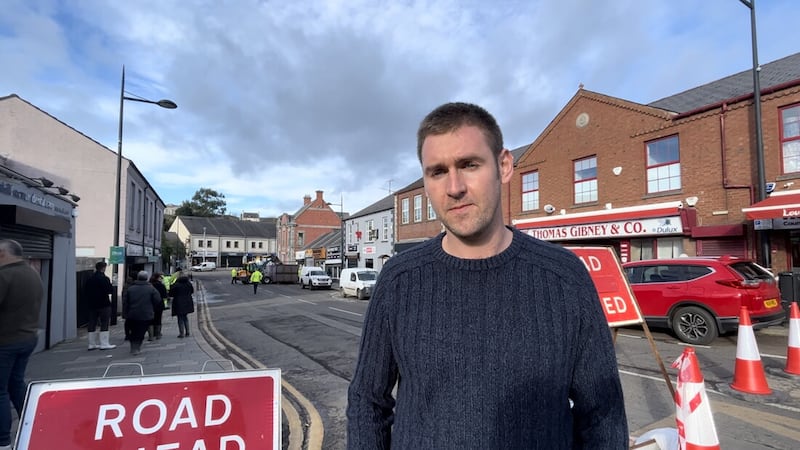DRINK and drug driving is responsible for an increasing number of deaths and serious injuries, according to new statistics.
Official figures show that the number of deaths and casualties has risen from a low of 50 in 2013 to 84 in 2017.
Although deaths and injuries from drink driving have seen an overall drop since a high of 196 in 2002, numbers have started to creep back up since 2013.
Figures compiled by the Department for Infrastructure show that young male drivers were more likely to be involved in drink or drug driving collisions.
The vast majority of drink drivers - 91 per cent - were men. Men were also more likely to be killed or seriously injured in collisions where alcohol was a factor.
The Newry and Mourne council area had the highest number of crashes linked to drink driving - 35 between 2013 and 2017.
The figures show that around one and 10 drivers who were asked for a breath sample either failed the test or refused to take part.
Around a third of drivers who failed the test were men aged between 25 and 34.
Most drink driving crashes happened in the evening or early in the morning, with more than half of all collisions recorded between 9pm and 4am.
Around 53 per cent of drink driving crashes happened at the weekend.
The figures show that collisions are more likely in the countryside. Just under two-thirds of fatal and serious crashes involving drink drivers happened on rural roads.
And drink drivers were more likely to be involved in singe-vehicle collisions.
Three-fifths of all drink driving crashes involved a single vehicle - compared to less than a quarter of all other fatal or serious crashes.
Meanwhile, SDLP MLA Daniel McCrossan has said it is "deeply frustrating" that lower drink driving limits in Northern Ireland cannot be implemented due to the impasse at Stormont.
"The south have moved to lower the alcohol limit for drivers late last year with graduated penalties. We need the same in the north if we are to take drink driving, road safety and preventable road deaths seriously," he said.
"It's massively concerning that the Department (for Infrastructure) actually has a provision in place to introduce a new alcohol limit for drivers yet has been unable to implement it. The fact that current breathalysers are unable to detect this lower limit of alcohol is farcical.








